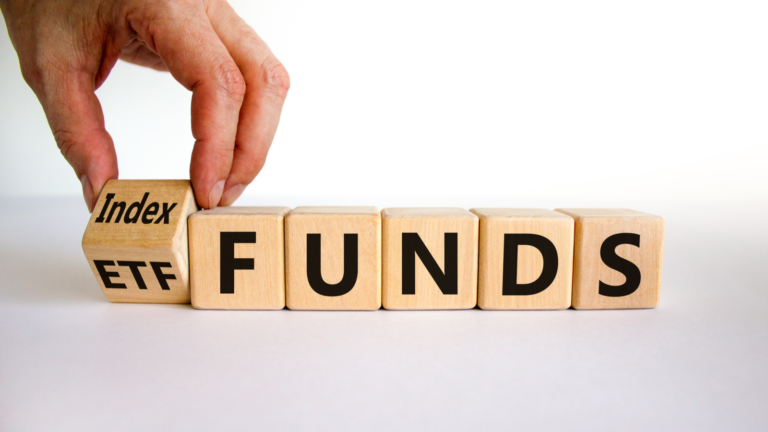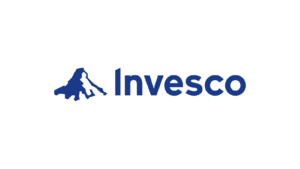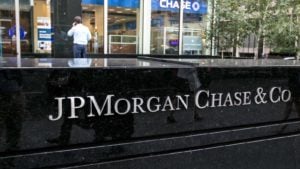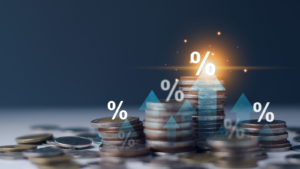
Source: Dmitry Demidovich / Shutterstock
Exchange-traded funds are an ideal way for investors to build long-term wealth. That’s particularly true if they invest in one of the many high-yield funds that have a dividend yield of 7% or more.
Dividends provide investors with the benefit of compounding. By reinvesting your dividends over time, you passively build wealth without adding additional capital.
But there’s more to selecting high-yield funds than the dividend they provide. In 2024, investors have more options than ever before. You can invest in specific sectors to capitalize on multi-year trends. And because you’re investing in a basket of funds that’s professionally managed, you can have one of the greatest luxuries that any investor can enjoy. That is the ability to step away from your screens and enjoy the profits from your investments.
However, you also want to look for high-yield funds that have solid track records. You’ll also want to ensure that there’s little overlap between the funds. Here are three ETFs that can give you confidence in their recent performance and their long-term outlooks.
Invesco S&P 500 Top 50 ETF (XLG)

Source: Shutterstock
The first ETF on this list of high-yield funds has a simple, straightforward approach that appeals to many investors. The Invesco S&P 500 Top 50 ETF (NYSEARCA:XLG) invests in the top 50 stocks in the S&P 500.
This removes one of the obstacles some investors have with ETFs. That is, you have to take some trash along with the treasure. By focusing on the top 50 names in the S&P 500, the fund mitigates that barrier.
The strategy of the fund is to replicate the performance of the Russell Top 50 Index. The Fund provides market-cap-weighted exposure to the 50 largest United States companies representing more than 40% of the total market cap of the Russell 3000 Index. As you might expect in 2024, that means the fund is heavily weighted toward the Magnificent 7 stocks.
Over the past five years, the total return compound annual growth rate (CAGR) of the XLG ETF is 18.59%. That makes it an attractive option for both growth and income.
JPMorgan Equity Premium Income ETF (JEPI)

Source: Shutterstock
When you buy an individual stock, it’s important to understand how the company makes money. It’s the same with ETFs. In the case of the JPMorgan Equity Premium Income ETF (NYSEARCA:JEPI), the fund generates growth, in part, by selling covered call options. If you’re not an options trader that may sound risky, but in the hands of fund managers, this is a safe, and profitable way to strike that balance between risk and reward.
Another reason to believe in the JEPI fund is its concentration in blue-chip large cap stocks. Not only that, but the fund is close to equal weight on all its holdings. That means, in a given quarter, the fund may have the same weight on NVIDIA (NASDAQ:NVDA) as it does on Coca-Cola (NYSE:KO). However, you’re protected from downside risk if one of the top holdings underperforms.
Over the last five years, the fund has generated a total return CAGR of 12.38%. That’s important because it means that the fund is delivering growth along with the dividend yield which has averaged 10.43% in that time.
Hoya Capital High Dividend Yield ETF (RIET)

Source: LALAKA / Shutterstock.com
Last on this short and sweet list of high-yield funds is the Hoya Capital High Dividend Yield ETF (NYSEARCA:RIET). I’ll be the first to admit, this is a hard one to set and forget. The fund tracks an index of 100 high-yield dividend payers among real estate investment trusts (REITs) and real estate operating companies. But if you believe that long-term historical trends are your friend, this is a fund to watch.
The RIET fund launched in September 2021 and the performance, as you would expect, has been less that stellar. The total return in the last 12 months is around 7.97% which is less than the fund yield of 10.14%. That’s a caution flag for sure. But the commercial real estate market is going through an unprecedented downturn caused by the pandemic and then the spike in interest rates.
Normalization may take some time, but when it happens, the RIET ETF looks to be in prime position to capitalize on that growth.
On the date of publication, Chris Markoch did not have (either directly or indirectly) any positions in the securities mentioned in this article. The opinions expressed in this article are those of the writer, subject to the InvestorPlace.com Publishing Guidelines.














